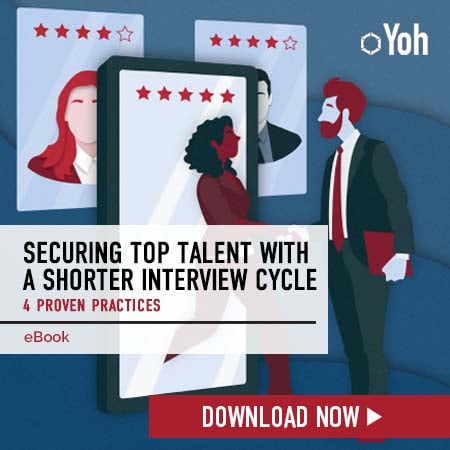- Specialty Practices
- Information Technology
- Gaming & Interactive
GAMING & INTERACTIVE
Level up your team - from AAA studios to start-ups!
GAME-CHANGING TALENT FOR PROJECT EXCELLENCE!
Yoh knows Gaming & Interactive.
Yoh’s specialized Gaming & Interactive talent focus on console, mobile AR/VR/MR, online gaming, and production skills. With over a decade of industry experience, Yoh helps clients stay ahead in today's rapidly changing technological landscape. Whether collaborating with AAA studios or supporting start-up growth, Yoh delivers customized talent solutions quickly and effectively, ensuring projects remain on track and within budget.
MOST WIDELY PLACED Gaming RESOURCES
- Keyframe Animator/MoCap Animator
- Rigger
- VFX Artist
- 2D Artist
- Storyboard Artist
- Concept Artist
- Matte Painter/Skybox Artist
- Producer (All Levels/Types)
- Level Artist/Level Designer
- Technical Artist/Technical Designer
- Cinematic Artist
- Game Capture Artist
- Art Director/Creative Director
- Sound Designer/Audio Designer
- Audio Engineer
- UI/UX Designer
- Graphic Designer
- Visual Designer
- Interactive Designer
- Motion Graphic Designer
- Video Editor
- Community Manager
- Live Broadcast and Esports Manager
- Tools and Pipeline Engineer
- Game Developer (SDE and SDET)
- Systems Designer
- Mobile Designer and Developer
- 3D Artists: (Environmental Artist, Character Artist, Weapon Artist, Vehicle Artist, Hard Surface Modelers, Organic Modelers, High Poly Modelers, Low Poly Modelers, etc.)
WHY YOH INFORMATION TECHNOLOGY?
A CONSULTATIVE APPROACH
Implementing a consultative approach with each and every client, Yoh dedicates time to understand your challenges, hiring goals, technical requirements, and company culture. This strategy enables us to tailor a fully customized solution that perfectly fits your needs.
DEEP SUBJECT-MATTER EXPERTISE
Yoh’s teams of seasoned industry veterans are deeply rooted in the IT sector and known for both their market knowledge and the caliber of their networks. Our SMEs will effectively shape your talent strategies and delivery within the ever-evolving tech landscape.
Workforce solutions that flex with your business.
Recruiting Services
Need to scale fast with the right talent? Yoh connects you to specialized professionals who hit the ground running, whether you need short-term support, permanent hires, or full project teams.
Explore Recruiting Services >
Professional Consulting Services
Managing consultant-based projects is complex. We simplify it. Yoh assembles and oversees expert technology teams to keep your initiatives on track—from onboarding to day-to-day delivery.
Explore IT Consulting Services >





